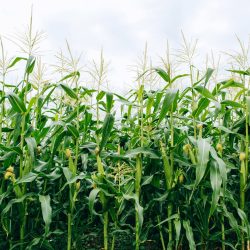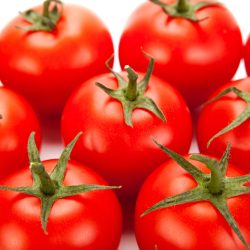Boron is an essential micronutrient that supports the growth of a variety of
crops resulting in higher yields. Crops that are most likely to suffer from
boron deficiency are alfalfa, applies, cotton, oil palm, peanuts, sugar
beets and sweet potatoes. Typical symptoms of boron deficiency include
misshaped and thickened leaves, shortened stems, cracked or irregular fruit.
Boron deficiencies can be determined by soil analysis and tissue analysis.
Soils with higher or lower pH tend to require higher boron concentrations
due to the available boron. Also, microorganisms play a role in making
boron available to the plant. In recent years, it has been proven that
boron is an essential micronutrient for corn increasing yields almost 15%.
Boron can be applied as a dry granular product blended with other
micronutrients or a soluble foliar product. The amount of boron application
depends upon the level of boron in the soil, the crop being grown and the
type and pH of the soil.
Agriculture
Agriculture

©2024 Borates Plus LLC, All Rights Reserved. Copyright Protected.

